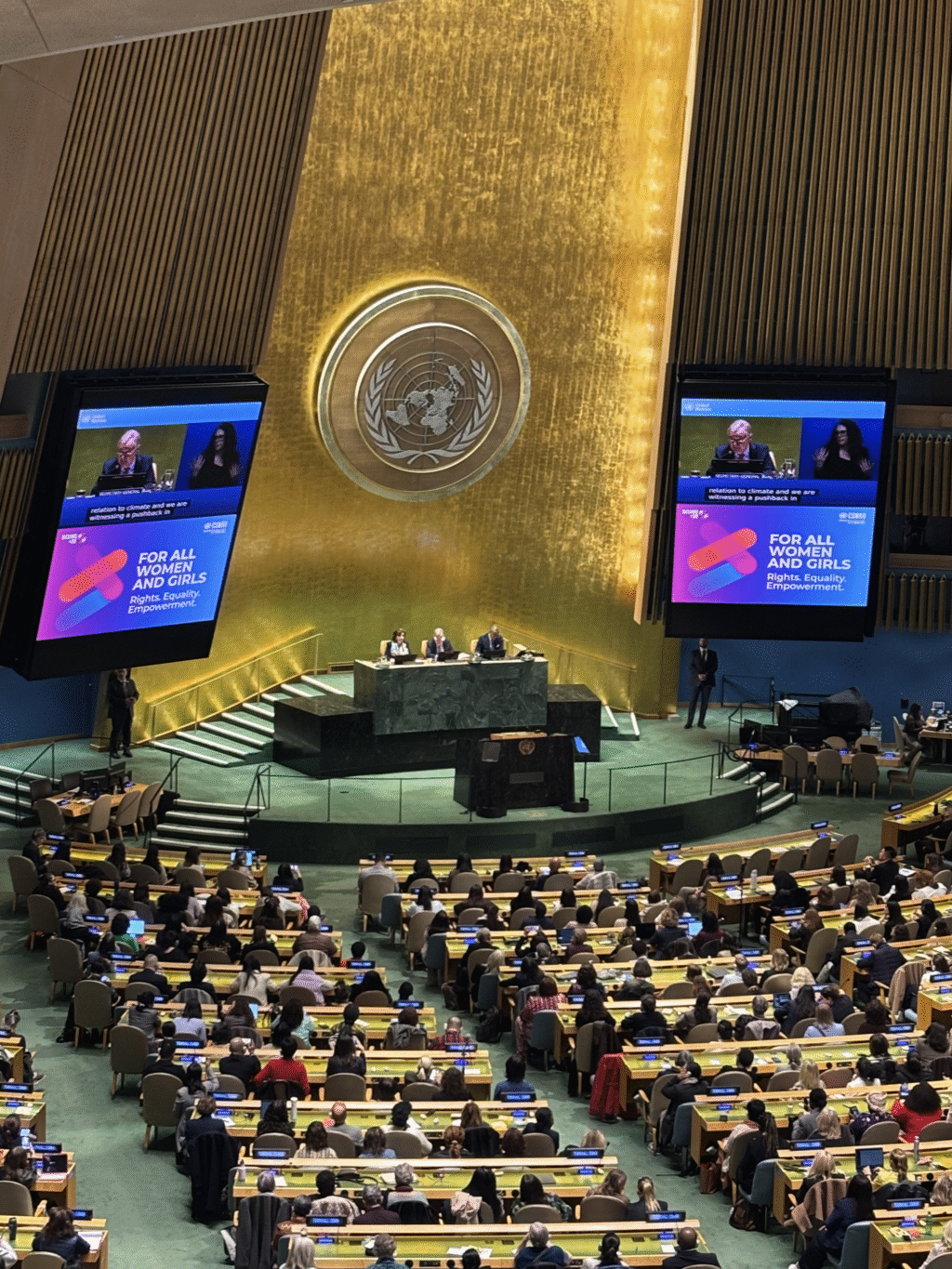ATN Joint Statement on Authentic Assessment
29 January 2020ATN is committed to innovation in teaching, learning and assessment to best prepare graduates for the workplace. ATN universities already proudly deliver Australia’s most work-ready graduates. We recognise the importance of equipping graduates with employability skills that industry requires…

ATN is committed to innovation in teaching, learning and assessment to best prepare graduates for the workplace.
ATN universities already proudly deliver Australia’s most work-ready graduates. We recognise the importance of equipping graduates with employability skills that industry requires, ensuring they can take advantage of the opportunities and challenges of the future.
The recent ATN Authentic Assessment Conference held at UTS brought together academics from each of ATN’s member universities – Curtin University, RMIT University, University of South Australia and University of Technology Sydney. More than 100 delegates contributed to the discussions. Together, they affirmed the importance of authentic assessment through this joint statement.
- Authentic assessment is core to enabling students to become the work-ready graduates Australia needs. It focuses on realistic practices, scenarios and contexts and develops students’ graduate capabilities and evaluative judgement, preparing them to face the challenges of the future world of work.
- Authentic assessment needs to be designed and implemented across the whole of degree programs and aligned with authentic learning experiences. The pattern of assessments across a degree should include a wide variety of authentic tasks across learning units, to enable students to develop and apply a breadth of desired graduate capabilities. Careful attention should be paid to the number and levels of complexity of tasks, their timing and the balance between group and individual work. Opportunities for program teams to collaborate on program-level assessment design should be fostered and resourced.
- Authentic assessment challenges university students intellectually and creatively whilst building understanding of contemporary professional practices. It also develops the higher-order thinking capabilities that characterise university education, such as critical and analytical thinking and the capacity to synthesise and communicate complex ideas for different audiences.
- Students need support to transition into authentic assessment as they often come to university with experience of traditional assessment types. Authentic assessment should be designed so that students see their assessment tasks as plausible, meaningful and relevant. Students can be engaged as partners in the design and development of authentic assessment tasks.
- An important component of the experience of authentic assessment is that students receive feedback that is actionable. Students need to experience a rich variety of supported opportunities to give, receive and act on feedback to promote their learning, confidence and capacity for evaluative judgement.
- Academic integrity is supported by focusing on learning, enabling students to see the purpose of assessment, aligning assessment with learning goals and providing support for the development of students’ academic and language capabilities. These features should be designed into authentic assessment across programs.
- Developing authentic assessments and academic integrity practices are scholarly activities. They should be informed by evidence and data on their implementation collected, analysed and communicated to inform improvements in future practice.
- Developing a culture of authentic assessment and academic integrity requires a collective and systemic approach. Relying on individual academic innovators isn’t enough. In order to develop a culture of authentic assessment and academic integrity, institutions need to create alignment between enabling leadership, policies, systems, resourcing, practices, professional development, recognition and rewards. They need to engage students and staff as partners in this culture. Opportunities for sharing ideas, developing good practices and mentoring should be actively encouraged and resourced. Policies and systems that hold traditional practices in place or discourage innovative approaches should be critically reviewed and revised.

